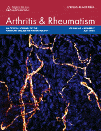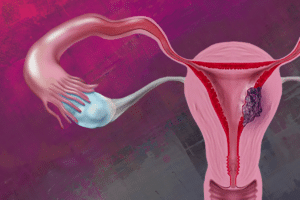 A recent study in the Journal Arthritis and Rheumatism assessed whether extreme production of a very specific biomarker in rheumatoid arthritis (RA) called anti-citrullinated protein antibodies (ACPAs) has any genetic associations.
A recent study in the Journal Arthritis and Rheumatism assessed whether extreme production of a very specific biomarker in rheumatoid arthritis (RA) called anti-citrullinated protein antibodies (ACPAs) has any genetic associations.
High levels of ACPA are frequently associated with a more progressive disease and often seen in patients with a poorer response to treatment. Researchers looking at genetic factors (HLA-DRB1 alleles) evaluated 1,073 ACPA-positive RA patients. They found that 283 patients (26.4%) had high ACPA levels (defined as >1,500 units/ml using the Euro-Diagnostica anti-CCP2 test), while the rest of the patients had moderate ACPA levels and served as the comparison group. There were no significant differences in baseline disease activity observed between patients with high and those with moderate ACPA levels. However, patients with the genetic subgroup HLA-DRB1*15 allele were associated with high ACPA levels (P = 0.0002).
The authors concluded that HLA-DRB1*15 may promote the production of high ACPA levels. In the 2010 diagnostic criteria, an ACPA level three times the upper limit of normal was considered “high positive,” and contribute to fulfilling the criteria for RA. This study demonstrates the complex nature of the genetic regulation of ACPA levels and additional research will hopefully lead to an improved prediction of treatment response and perhaps even an more targeted treatment approach.







